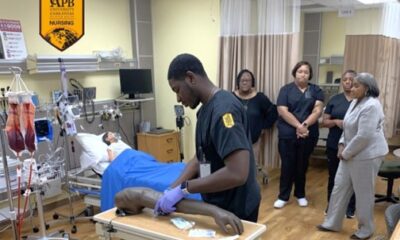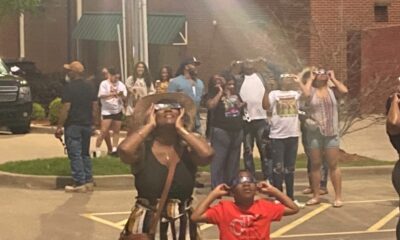Featured
The Black Church Uses New Platforms During Coronavirus Pandemic But Its Role Remains Unchanged
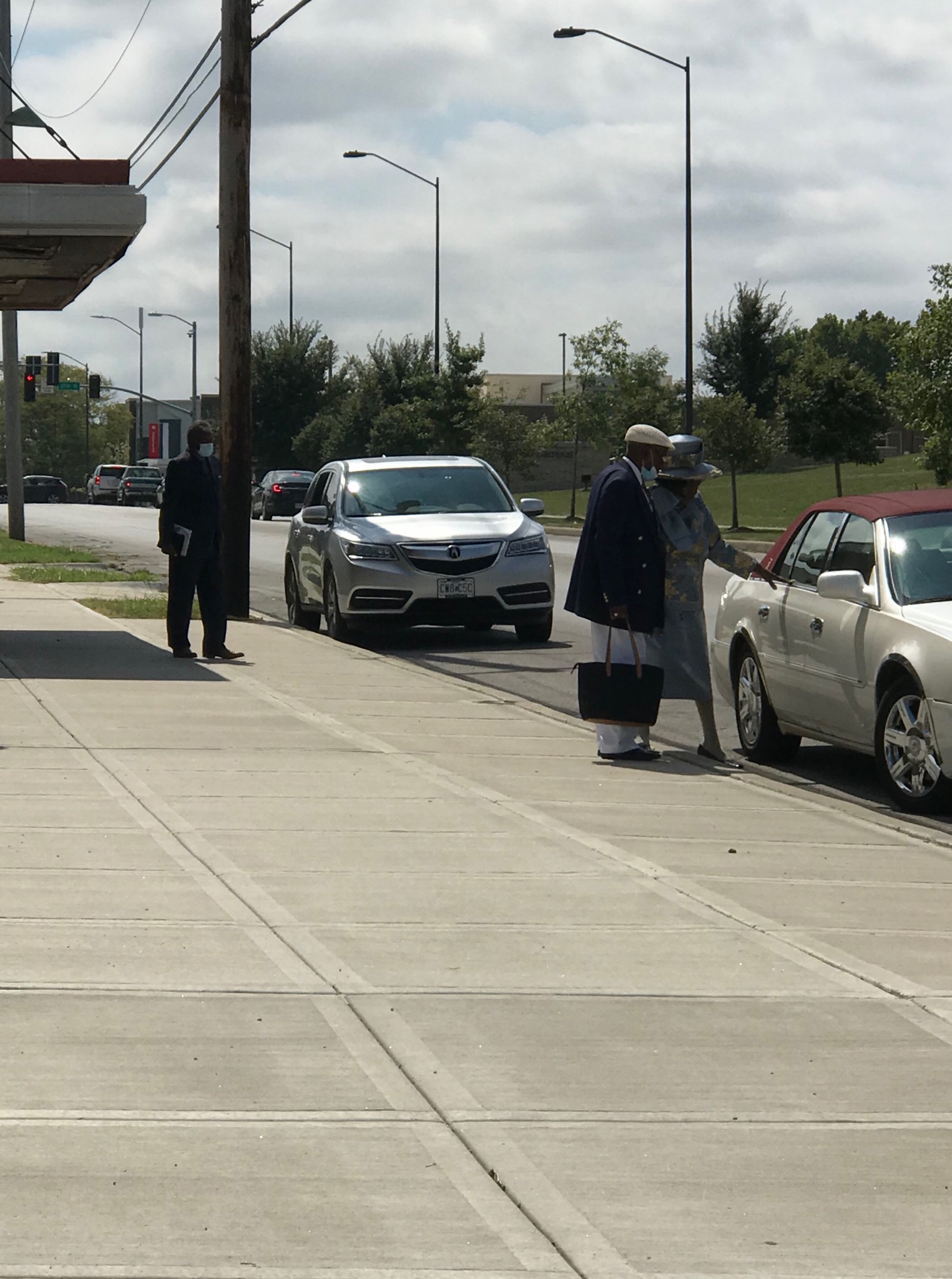
Black Americans along with the rest of the country have witnessed guidelines during the pandemic that discourage and prohibit in-person church attendance. But the integral role the Black church plays in the community may increase the negative impact of the virus on older Black Americans who often rely on Sunday service as a religious and cultural touchstone.
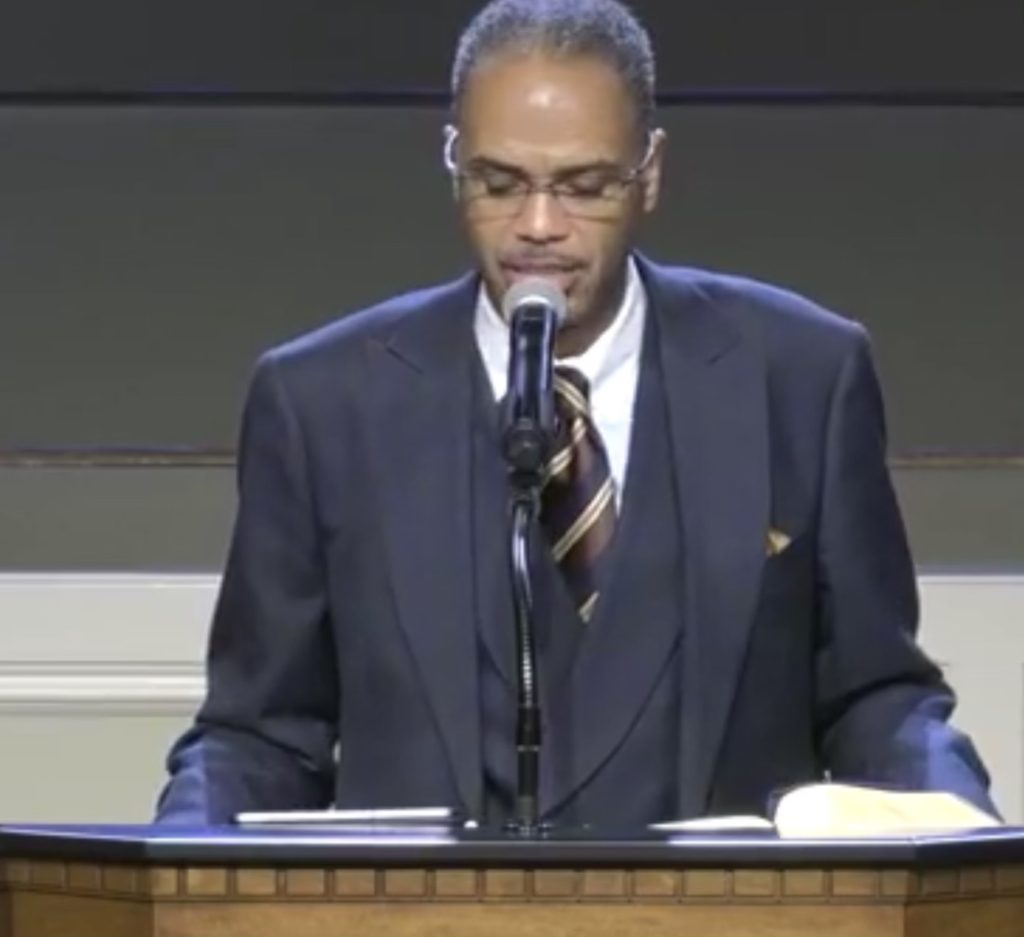
“COVID does not let me do pastoral care the way I like,” says Rev. Dr. Robert Charles Scott, Senior Pastor at St. Paul Baptist Church in Charlotte, North Carolina. “I am accustomed to providing the ministry of presence, but I can’t go to hospitals, nursing homes, or visit people when a loved one has died.”
While Scott laments the necessary adjustments, a group of five African American internists and psychiatrists has also expressed concerns and written an article about the long-term consequences on families and community, citing that “after the Civil War, churches met the educational needs of emancipated slaves by establishing schools and colleges in their basements … Even today in the racial unrest resulting from George Floyd’s death, many of the demonstrations against police brutality in Black communities are spearheaded by prominent religious leaders in the Black Church.”
But even as Black Americans continue to face a disproportionate number of fatalities due to COVID-19, churches have pivoted to other ways of sustaining that vital connection to its members against the backdrop of stay-at-home restrictions. At St. Paul and other churches around the country, ministries offering food and other support services are in high demand as the pandemic undercuts the financial stability of many.
To court or church?
Eight months into the pandemic, lawsuits against the restrictions limiting the number of congregants in the sanctuary, the synagogue, and the cathedral have been filed with the U.S. Supreme Court which in November sided with religious groups in New York in a dispute with Governor Mario Cuomo over COVID-19 restrictions.
And news outlets have been rife with cautionary tales involving pastors and other religious leaders who defied coronavirus restrictions only to later discover a service had become a superspreader event.
At St. Paul, Scott and his leadership have willingly observed coronavirus guidelines even though it creates challenges.
He says, “We have been going virtual since March. We have about 15 people on Sunday morning when I go live. Our sanctuary seats about 1,600, but we are rolling with a team of about 15-20.”
Singers and musicians are included in that number along with members of the media, security, and custodial staff and the church’s financial officers.
Social media giant, Facebook, found a new audience at the outset of the pandemic with many religious organizations using the platform to stay connected with its membership.
In late March, Nona Jones, Facebook’s liaison with the global faith community, recalled during a webinar her decision to join Facebook to connect churches and worship centers around the world to “advance discipleship.”
Little did she know the role social media and technology would play when the world faced its worst health crisis in a generation.
Scott, too, looks back on his decision a few years earlier to update his church’s media ministry.
“We have made significant upgrades to our media prior to the pandemic which makes me look like a prescient genius,” he states laughingly.
In the coming months, churches will face calls to encourage members to consider vaccinations in the ongoing fight against the coronavirus. Their platforms to reach the membership are still relatively new, but the central role the Black Church has played for generations as a clearinghouse for information and mobilization will resonate with familiarity.

-

 Black History5 months ago
Black History5 months agoThe untold story of a Black woman who founded an Alabama hospital during Jim Crow
-
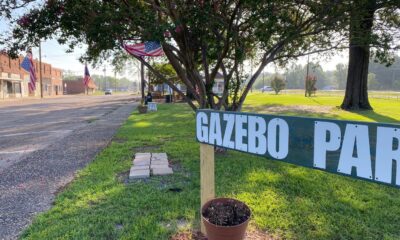
 Featured9 months ago
Featured9 months ago‘No Closure’ In Town Where Five Black Residents Were Either Murdered, Died Suspiciously Or Are Missing
-
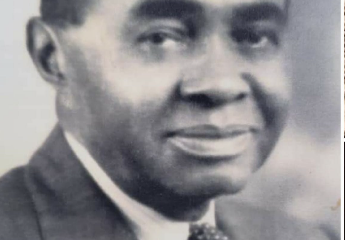
 Black History10 months ago
Black History10 months agoBlack History Lost and Found: New Research Pieces Together the Life of Prominent Texas Surgeon and Activist
-

 Featured9 months ago
Featured9 months agoFounder of “The Folding Chair” Podcast Calls Montgomery’s Brawl ‘Karma’
-

 Featured9 months ago
Featured9 months agoThousands ‘Live Their Dream’ During National Black Business Month
-
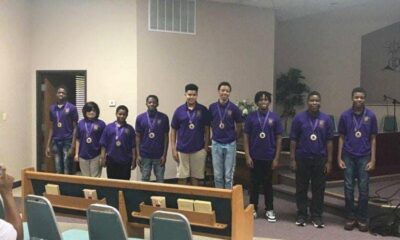
 Featured10 months ago
Featured10 months agoMemphis Youth Organization Uses Discipline To Encourage Potential


